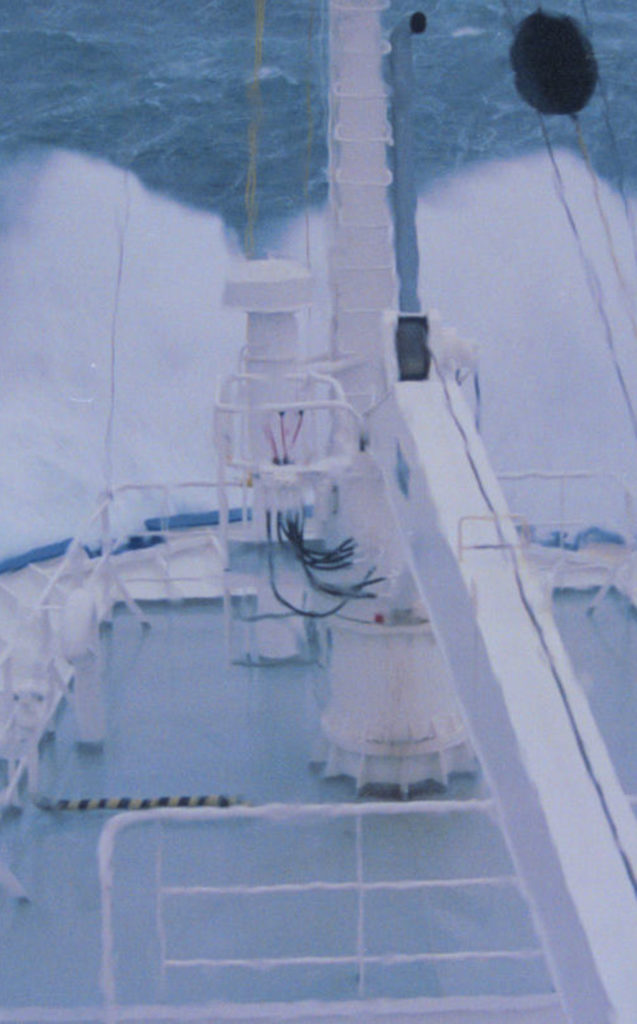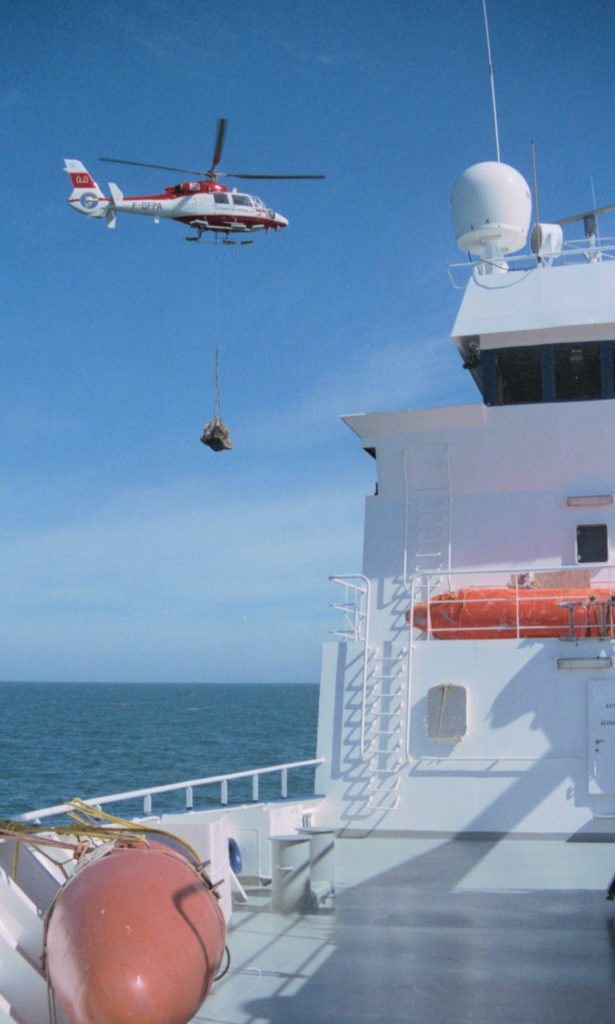I was sitting alone in a cold, damp bed-and-breakfast type bedroom in November 1995. It was a dreich Scottish night in Aberdeen and I started to read The Beak of the Finch (1995). It remains a stand-out science read and one of the most influential books I’ve enjoyed. The room was cold enough that I felt the need to wrap myself in blankets pulled off the bed, wishing I was like the Tierra del Fuegans who needed no clothes. Darwin was a great diversion when I was undecided; besides being cold, I couldn’t be sure if I was humiliated or amused.
‘The mind is our beak, and the human mind is ever more variable than the brain’ wrote Jonathan Weiner in The Beak of the Finch.
Earlier in the day, I had tried swimming towards lights at the bottom of a pool. My buoyancy jacket prevented me from leaving the surface of the water. A frogman tapped me in the middle of my back and I rolled over to breathe air, glorious air and see the amused faces of the rest of my class. I had not done so well in the inverted, submerged helicopter test that was part of the offshore survival training. I’d ended up in a middle seat and now choose aisle seats for life. I’d been hit on the nose as we unbuckled our safety belts inside the mock helicopter in an Aberdeen heated swimming pool. Chlorinated water had filled my sinuses, I was seeing stars and disoriented, I swam to the light. Not sunlight, nor moonlight but pool-floor lights. Fatal?
Aberdeen was a long way from Argentina and I’d only left Buenos Aires five weeks earlier after spending most of the year in various parts of Argentina. Five years it took Darwin on his Beagle trip and they still remember Darwin in Tierra del Fuego. I know this because I ended up having dinner among people of the Fueguino People’s Movement. A couple of the Fueguinos had secession in mind when they sang and toasted a future independence. The restaurant was open to the public and the Fueguinos occupied a large section of it. They waved blue and yellow flags emblazoned with penguins standing under a rising sun.
They didn’t mind that myself and my two English colleagues were there though they wanted us to shut-up. We’d just come in from a ship after four weeks at sea, off the Strait of Magellan and were loudly enjoying several glasses of wine. We’d survived two storms that merged to become one of the worst storms on local record. The barometer fell off the scale because the two lows had coalesced. The anemometer needle was fast on the pin at 75. And I was on the phone on the bridge. A Sunday it must have been because we got 20 minutes a week on the satellite phone and my day was Sunday. Not that Darwin had such ability to reassure his wife that a storm wasn’t so bad. It wasn’t gusts to 75 kph, rather it was never dropping below 75 knots. We were in 50 metres of water in a 75 metre vessel. Who knew what the wind speed was and we’d no pressure readings either. Wave heights are supposedly limited by water depth but I saw waves pass over the top of the superstructure as we dropped into the troughs. Anyway, that was excitement enough at sea and relieved to be ashore, we had a little celebration.
In the restaurant, an angry Fueguino berated me with stories of Ona genocides and he attributed the genocide indirectly to Darwin. The genocide you can verify. In fact clearing the ‘indians’ was a vile but standard practice in that region at that time. That Darwinism persuaded the governments of Argentina and Chile that the bounties paid for Ona skulls were a sign of the survival of the fittest is impossible because Darwin had yet to realise evolution when he visited.
I had recently met a FitzRoy (and I was told that the R should be capitalised and it’s still one word). I then met a family of Robert FitzRoy decendents because my brother was dating and would later marry a FitzRoy. Her father, while seconded to the USAF from the RAF had sat as pilot in a nuclear bomber at the end of a runway expecting to be given the signal to drop an atomic bomb. He was waiting to know where. Kennedy and Khrushchev spared him when they averted the armageddon over the Cuban missiles that might have had a bigger influence on evolution than Robert FitzRoy did when he piloted Darwin to the Galapagos.
‘We see nothing of the slow changes in progress, until the hand of time has marked the lapse of ages, and then so imperfect is our view into long past geological ages, that we see only that the forms of life are now different from what they formally were.’ wrote Darwin in On the Origin of Species in 1859.
‘Between the numbers in the notebooks, and the sentences in the blood, … others are now reading the story of life from the outside in and from the inside out. They are watching evolution in the flesh, and evolution in the blood.’ wrote Jonathan Weiner in The Beak of the Finch in 1994.
‘… the new studies suggest that Darwin did not know the strength of his own theory. He vastly underestimated the power of natural selection. It’s action is neither rare nor slow. It leads to evolution daily and hourly, all around us, and we can watch.’ wrote Jonathan Weiner in The Beak of the Finch.
If I hadn’t been to that dinner in Rio Grande I’d never have read up on Tierra del Fuego to the extent that I have. I learned that mamihlapinatapai is a Tierra del Fuegan word for that expressive and meaningful silence that happens when two people are sharing an unspoken but private moment, when each knows the other understands and is in agreement with what is being expressed.
Words may not be everything in life but the silence after genocide lasts forever.
I can recommend reading about Robert FitzRoy. This 2013 article is short and quite interesting (The Two Faces of Robert FitzRoy, Captain of HMS Beagle and Governor of New Zealand by Diane Paul et al). You may not realise that discussions with the deeply religious Fitzroy helped Darwin clarify his views about evolution and anticipate many objections to his theory prior to its publication. FitzRoy made weather forecasting practical by his invention of a storm warning system and founded the Met Office. They say FitzRoy’s suicide fifteen years after Darwin’s publication was due to the increasing acceptance of Darwin’s theories but I think there’s a lot more to it than that.



Leave a Reply